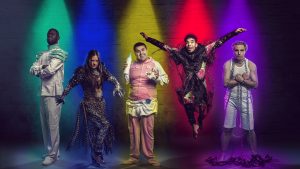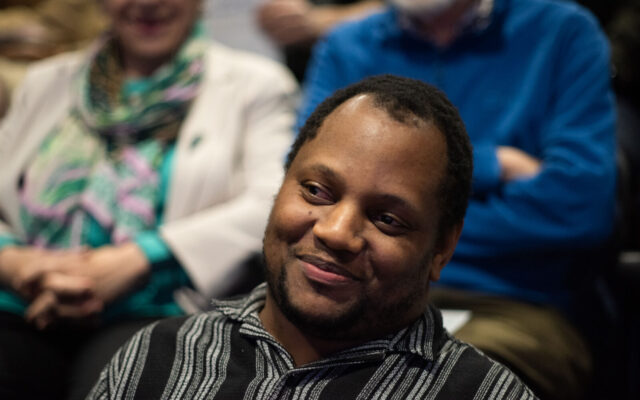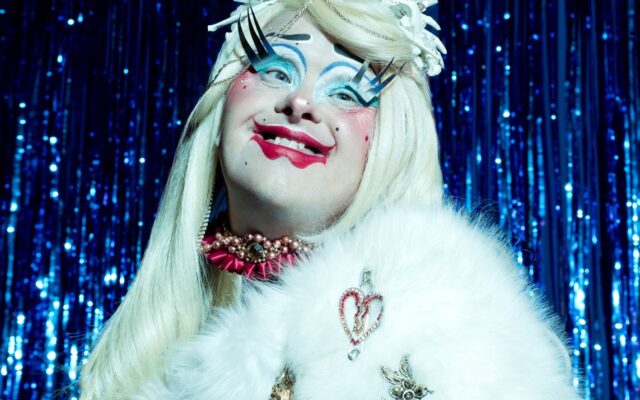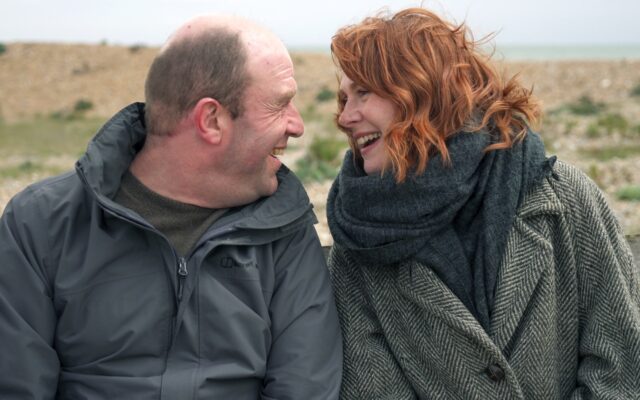An immersive performance raises uncomfortable questions over the status of people with learning disabilities in society. Have dated attitudes really been consigned to history? asks Seán Kelly
“I’m shell shocked!” said an audience member at the end of the immersive theatre show Madhouse Re: Exit performed by Access All Areas at Shoreditch Old Town Hall in London earlier this year.
A group of us had spent the afternoon stumbling through dusty and sometimes smoke-filled corridors into rooms where actors took part in interactive scenes.
The show was based partly on the life story of Mabel Cooper in St Lawrence’s Hospital in Surrey, which closed in 1994 after over 100 years as an asylum for people with learning disabilities.
In the show, we saw a patient being assaulted by a member of staff and learnt about some of the degrading aspects of institutional life.
Five lead performers with learning disabilities took their cultural references from a wider arena. David Munns played Patient 36, a subversive virtual guide appearing on screens or as a holograph. Imogen Roberts’ character was inspired by the ancient Olmec civilisation in Mexico, where people worshipped those with Down’s syndrome, believing them to be related to jaguars. She performed a remarkable dance before declaring herself a jaguar goddess.
Cian Binchy played an infantilised adult, complete with a huge baby suit and cot. When the carer took his nappy off, she discovered a large rubber penis, which she removed. The character complained: “You think it’s creepy that we actually have sex because you think we are children.”
Dayo Koleosho was a “useless eater” – a Nazi term – in a distressing scene, where audience members had to feed him by firing peas at him with spoons or squirting pea soup with syringes.
A bird dancing in a gilded cage, unable to escape, was played by DJ Hassan of Corali Dance Company.
Then, representatives of a modern care provider called Paradise Fields proudly proclaimed they were at “the cutting edge of minimal intervention”.
Funny and moving in equal parts, the whole effect was positively overwhelming.
Institutional talk
The event was preceded by a symposium, that asked: “Has institutionalisation ended?”
Valerie Sinason discussed secondary handicap. This concerns obstacles that arise as a consequence of having a disability, such as low self-esteem and poor social relations.
Sheila Hollins and the creative team at Books Beyond Words launched Belonging, a work of fiction about two lonely people living in the community who are brought together by an unexpected event.
Nick Llewellyn, artistic director at Access All Areas, discussed how approaches to people with learning disabilities have moved from control to neglect.
Access All Areas and Books Beyond Words, who organised the day, launched the Belong manifesto, which calls for a better life for people with learning disabilities.






